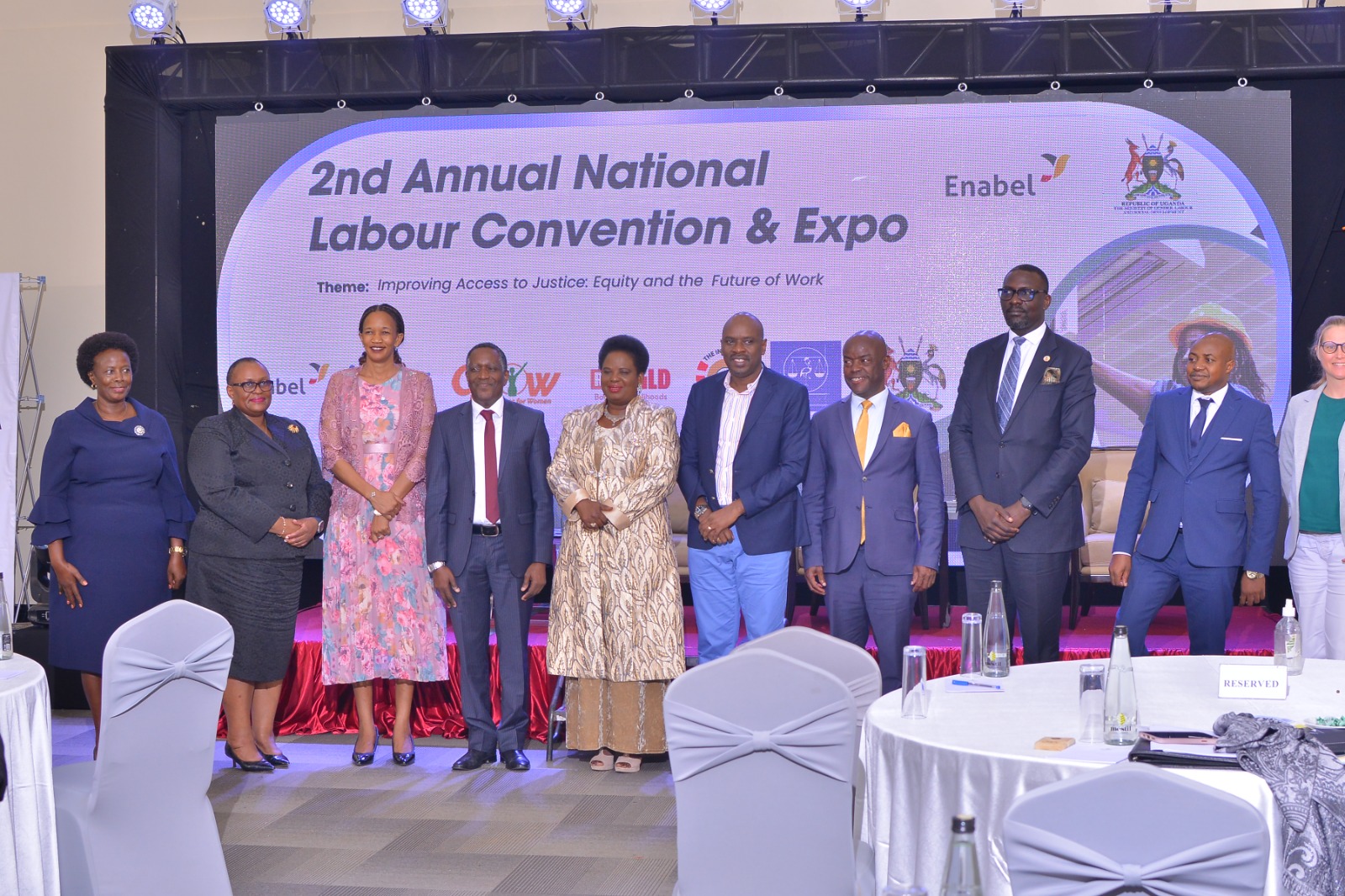Orders of eviction, trespass against Kibanja occupants are constitutionally null and void
The rights of a Kibanja holder are stipulated under Article 237 (8) of the Constitution to enjoy “security of occupancy”.
The constitution further provides that the land on which the bibanja holders enjoy that security sits on tenancies of “mailo land, freehold or leasehold land”.
Keep Reading
This security of occupancy is to continue until Parliament fulfils its obligation under article 237 (9) (b) to enact a law that provides for the bibanja holders to acquire registrable interest in the land over which they are in occupancy or possession.
According to Article 237 (1) land belongs to the citizens and vests in them in accordance with the tenure systems constitutionally provided for. Article 237 (3) provides for four tenures namely; customary, freehold, mailo, and leasehold.
Under Article 237 (8) bibanja holders have security of occupancy on; mailo, freehold or leasehold.
The two tenures namely; mailo and freehold are all ownership in perpetuity.
Customary tenure under 237 (4) (b) is constitutionally liable to be converted to freehold and therefore has ownership in perpetuity. Leasehold tenure under Article 237 (5) is also constitutionally liable to be converted into freehold.
Under Article 21 all Ugandans are equal before and under the law in all spheres of political, economic, social and culture life and in every other respect and are entitled to enjoy equal protection of the law.
The registrable right therefore envisaged under Article 237 (9) (b) to be acquired by the kibanja holder is a tenancy interest under Article 237 (1) and (3) of the constitution and must be a free hold tenancy created from the land on which they are occupying or in possession and to which the Constitution give them security of occupancy under article 237 (8).
This constitutional scheme of things means that Ugandans should have one tenure system- the freehold.
The bibanja holders shall obtain their freehold titles through a legal surgery curving the freehold title to which they are in occupation or possession under article 237 (8).
Article 2 of the constitution provides that the constitution is the supreme law of Uganda and has binding force on all authorities and persons throughout Uganda.
The constitution prevails against, any law or custom inconsistent with it and any such custom or law is declared null and void to the extent of the inconsistency.
Constitutionally therefore, any court order evicting a kibanja holder who by Article 237 (8) is guaranteed security of occupancy is null and void as it is inconsistent with the security of the kibanja occupancy provisions.
Such court order would also render nugatory the provisions of Article 237 (9) (b) for a kibanja holder to acquire registrable interest.
Equally unconstitutional is an order of trespass against a kibanja holder. It is his or her property under Article 26 to which under Article 237 (8) he enjoys security of occupancy. No one can be a trespasser on his or her owner property!
In addition any law, be it the Land Act 1998 and any amendments thereto or any other law which has a provision which limits or touches on limiting the security of occupancy of a kibanja holder or his right of enjoying that property in equal measure as other citizen of Uganda, is null and void to the extent that it delegates away the constitutional rights of a kibanja holder.
That law cannot sustain an action either in eviction or trespass.
Factually the real owner of the land is the Kibanja occupant. He is in possession.
In the road construction projects he is the project affected person (PAP) who is compensated 70% of the value of the affected land. The title holder’s interest is considered at 30%.
The same consideration applies in cases where government compensates the land owners under compulsory land acquisition.
The title holder is paid 30% and the Kibanja occupant is paid 70%.
So even under this scheme of things no eviction can lay against a kibanja occupant whose ownership is far higher than the title holder.
Judicial authority is moreover on record asserting that any land title obtained to defeat the unregistered interest is a nullity.
Which stands to reason that all titles obtained on land occupied by bibanja or other unregistered interest are a nullity and unconstitutional.
It is within this constitutional scheme of things that the directive of the president banning all land evictions against bibanja holders or other unregistered interest in land throughout the country, must be applauded.
Any eviction or trespass charge, preferred or ordered by any person or authority is unconstitutional and a nullity.
All institutions of government, executive, legislature and judiciary are enjoined to work in unison to ensure that no single eviction of any citizen of Uganda ever happens again in our republic.
Museveni's directive amplified the words of that great American President Abraham Lincoln: “Governments are instituted among men to defend these rights”.
The author is minister of State for Lands













